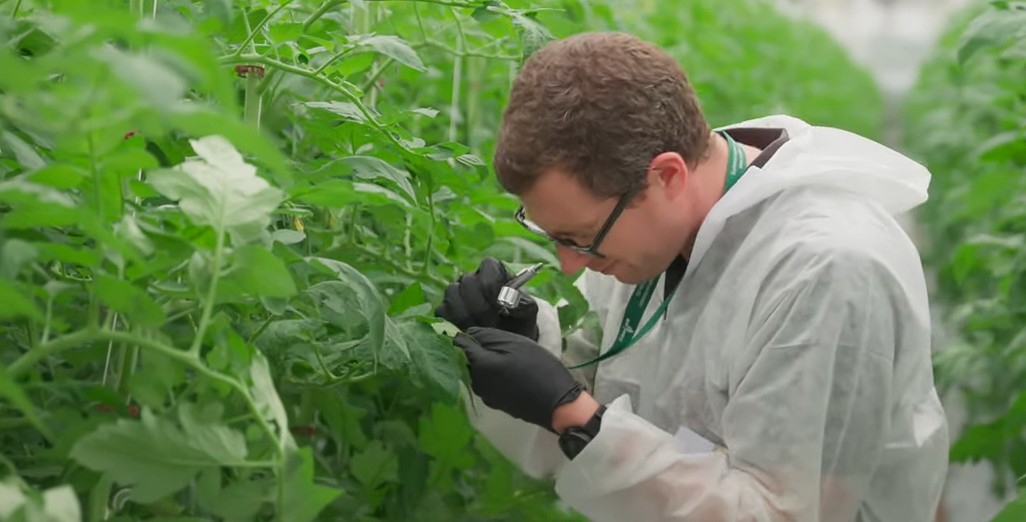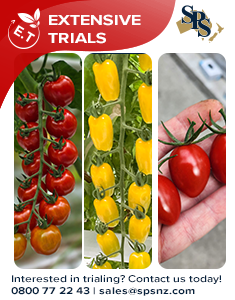Sign up here to subscribe to the Grower2grower Ezine. Every two weeks you will receive new articles, specific to the protected cropping industry, informing you of industry news and events straight to your inbox.
Feb 2020
Telegraph cucumbers under the spotlight
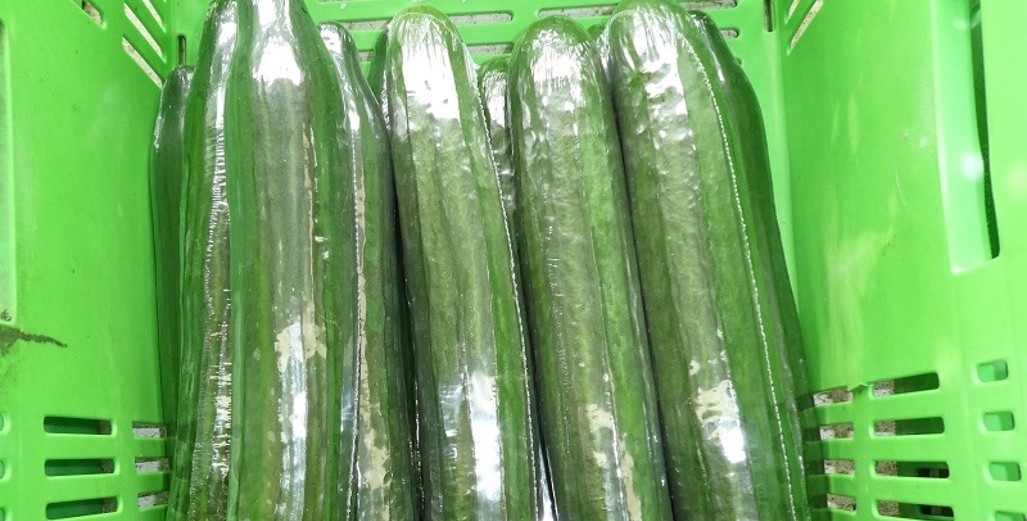
Plastic keeps product fresh, increases shelf life and reduces waste
The new ‘bad’ is single use plastic. It has not escaped my attention that the fresh produce section of the supermarket has become one of the first areas to be scrutinised for its use of plastics and packaging materials. I believe it may have become scrutinised initially because fresh fruit and veg is a category where many products already may be purchased without packaging?
There are a few exceptions and it is hard to figure out how this fresh produce may be purchased without some form of recyclable packaging for example berry fruits and cherry tomatoes.
Telegraph cucumbers, a stable in New Zealanders diets, need to be wrapped/sealed using a single use plastic seal (which may be recycled). For the benefit of those non-growers or industry suppliers that do read this e-magazine, the telegraph cucumber varieties have to be sealed in plastic so the product remains fresh from the time it is picked to when the consumer purchases the product. If it is not sealed the same day as picking it will lose its freshness and firmness resulting in a product that will perish extremely quickly. It was recently pointed out to me that waste from non-plastic sealed telegraph cucumbers may contribute to much higher food waste. So, for every plus a minus.
There are short green cucumber varieties which can be supplied to the market without any plastic seal. This is a great product but has different characteristics compared to telegraph cucumbers. Ideally an alternative 100% sustainable bio wrap which could be disposed of in the compost bin would be a great alternative.
Telegraph cucumbers are super nutritious and has great versatility. I don’t believe it is going to be discontinued as part of our healthy diets but I do wonder how long it will be before it comes more and more under the spotlight for the use of plastic. Hopefully there will be new technology or products available in the future. Perhaps plant breeders will identify telegraph cucumbers that don’t need to be sealed? If you are aware of any products that are already available, I would really like to hear about them?
Above is some plastic involved in producing breakfast and lunch in an everyday household. The healthiest food options in this photo are the cucumber and strawberries, perhaps other products should be scrutinised first before the healthiest option.
Plastic helps to increase shelf life and reduce food waste. Sustainable solutions may be required long term but until they are identified then the use of plastics on thousands of everyday products will continue.
I appreciate your comments. Please feel free to comment on the grower2grower Facebook page:
https://www.facebook.com/StefanGrower2grower/
Article Written and compiled by Stefan Vogrincic, Consultant, Grower2Grower
Article Edited by Marie Vogrincic, Editor, Grower2Grower
CLASSIFIED
Subscribe to our E-Zine
More
From This Category
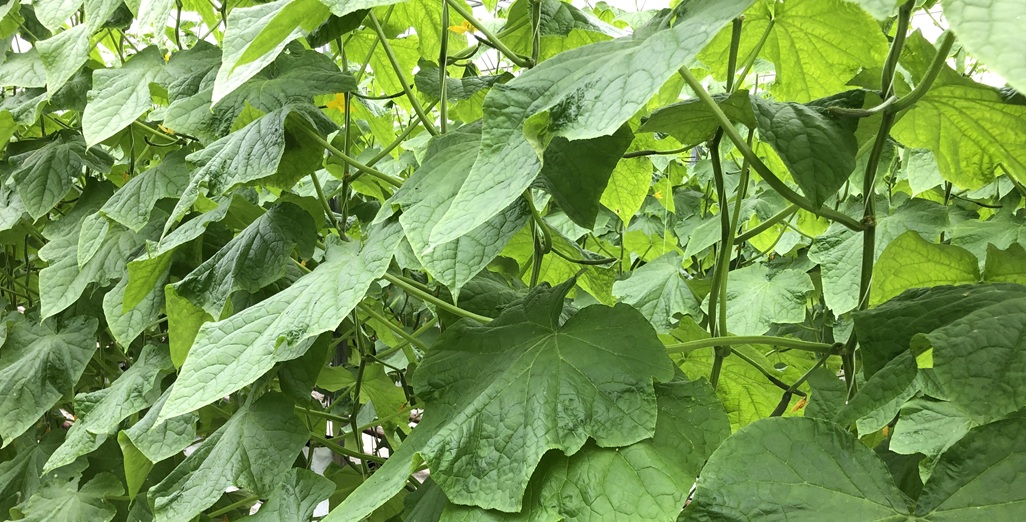
EPA – New reporting and notification requirements are coming in 2026

Skytree, a pioneer in direct air capture (DAC) technology, announces its official market entry into New Zealand.
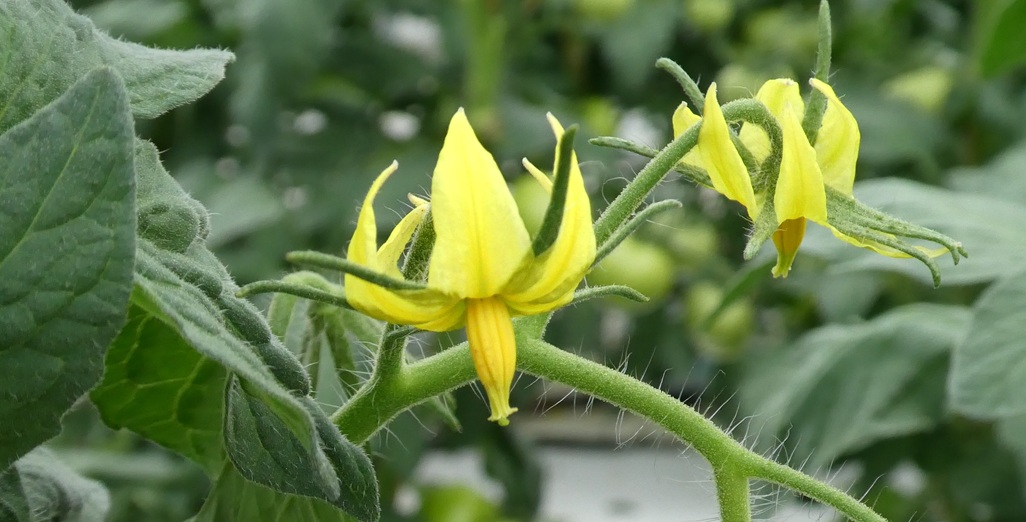
Celebrating 200 Editions of Grower2Grower: A Milestone for Our Growing Community

Metazet investigates chemical resistance of cultivation gutters: material choice crucial under stricter cleaning protocols
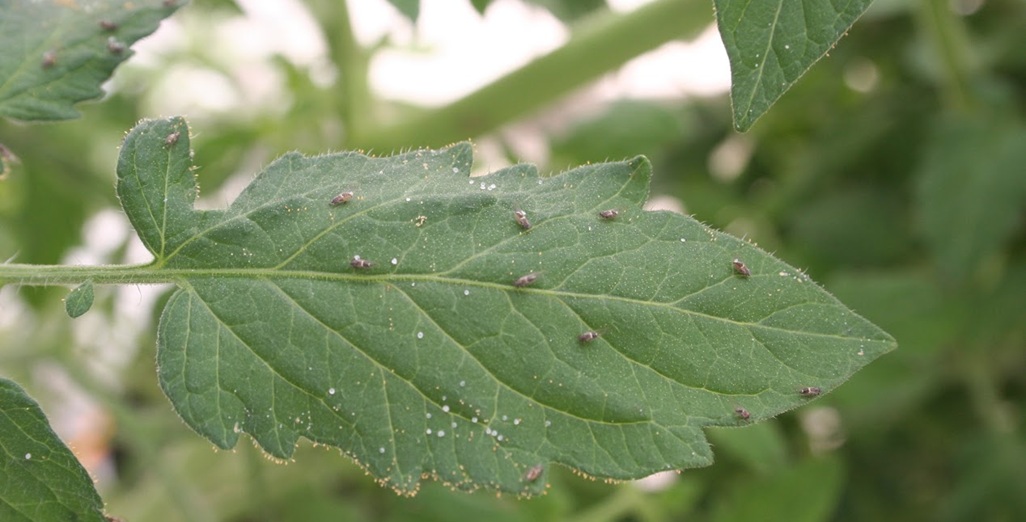
Tomatoes biocontrol focus of new podcast series
